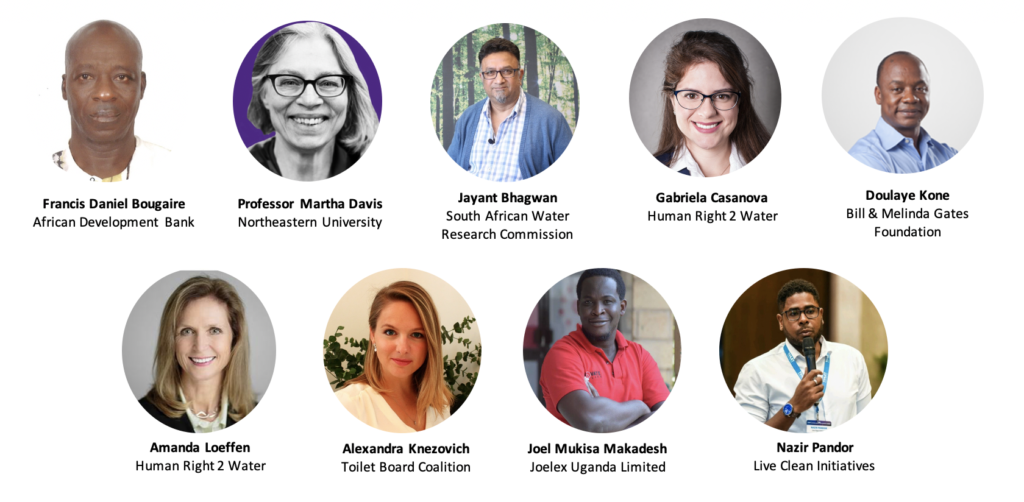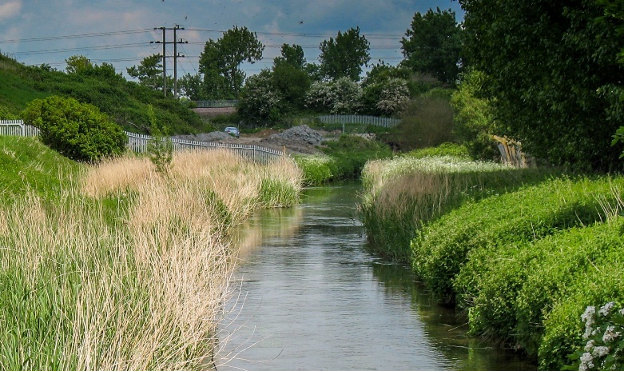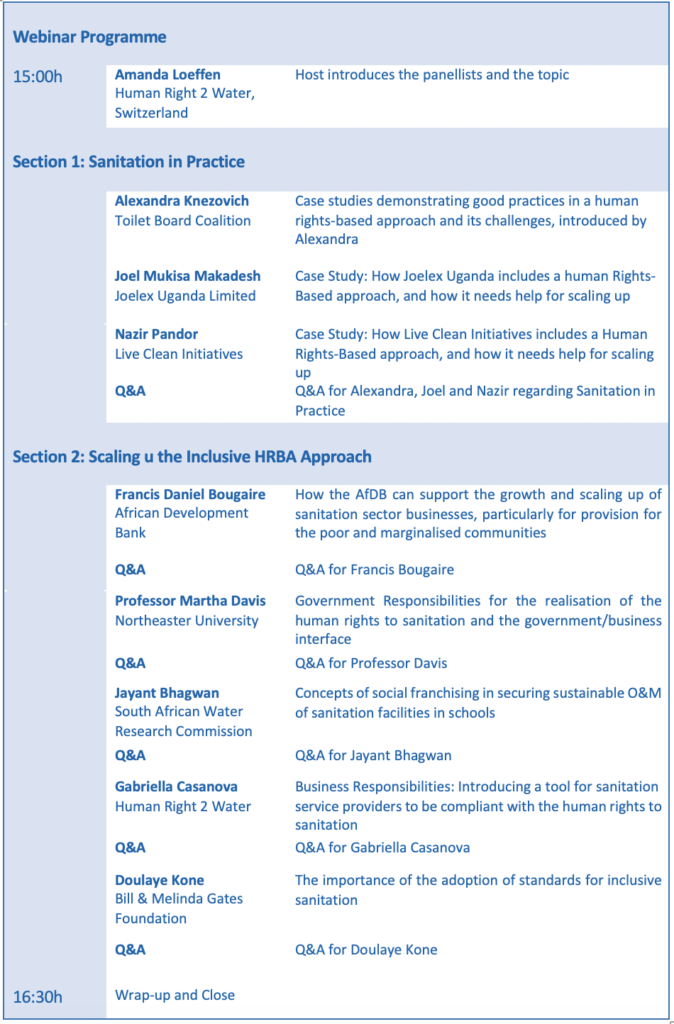Webinar 10th November 2020, 15:00h-16:30h CET
Click here to register in advance
Find out more about our panellists here
Inclusion of human rights to sanitation in business processes and standards is often not considered as a primary goal for service providers. However, these businesses do have a strong duty to respect and protect people’s human rights, and there is an obvious connection between provision of safely managed services and environmental protection. There is a business case for compliance with human rights, not only from a legal standpoint, but also in the effort to build human rights standards into local policy and monitoring, such that compliant businesses have an advantage. It then becomes a business need, a marketing benefit, and a route to expansion with the support of government and socially acceptable investment capital.
Contamination of water supplies, which are the main source of drinking water and water for personal and domestic use, is a massive problem across the world, and therefore an abuse of the human rights to a healthy environment, to water, and to health.
Additionally, the provision of safely managed and affordable toilet facilities goes hand in hand with designs that protect people’s right to privacy, dignity and hygienic sanitation. There are clear connections between the obligation for business providers in the sanitation sector, whether they are providing the toilet facility, the collection of waste or the treatment of sewage, to respect people’s human rights. Fulfilment of these rights at 100%, as set out in the sustainable development goal 6.2, is only going to be achieved through businesses of all kinds taking their responsibilities seriously.
Human Right 2 Water has a set of checklist tools that have been developed specifically to assist service providers to understand their duties with respect to human rights. They provide a set of easy to follow questions and suggestions for how to be more compliant with human rights in service provision.
In this webinar, we have invited a selection of experts from the sanitation sector and human rights experts to talk about the need for this recognition, by service providers and government authorities, such that these standards can be integrated into policies and systems for monitoring the realisation of human rights at a local level. It requires thinking about human rights indicators and benchmarks in order to achieve the full range of attributes sitting behind the human rights to water and sanitation.




